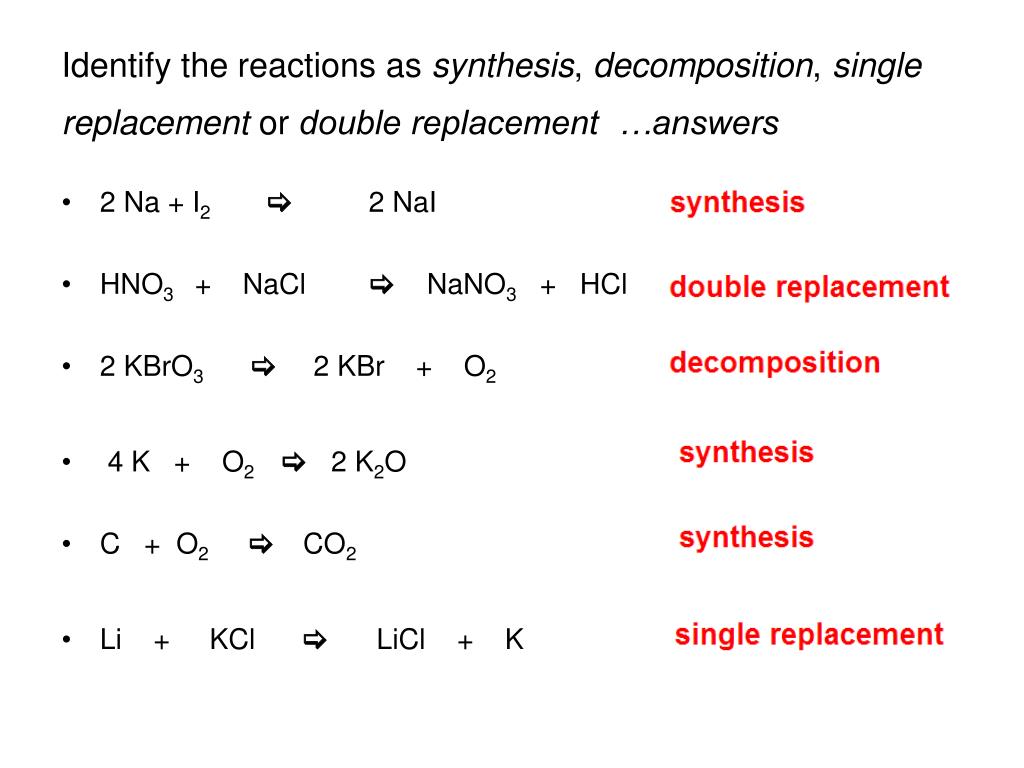What Does "Composting Made Easy: Tips for Beginners" Do?

Discovering Different Types of Composting Methods and Which One is Correct for You
Composting is an exceptional method to minimize misuse, enhance the ground, and produce nutrient-rich fertilizer for your garden. If you're brand-new to composting, you could be overwhelmed by the various approaches on call. Each technique has its very own perks and disadvantages, so it's vital to comprehend them prior to selecting the appropriate one for you. In this article, we will explore various composting methods and help you establish which one satisfy your needs.
1. Conventional Backyard Composting
Typical lawn composting is the very most typical method made use of by homeowners. It entails making a heap or can in your garden where all natural misuse can break down normally. This approach needs a equilibrium of green products (such as turf cuttings and cooking area scraps) and brownish products (such as dried out leave of absence and twigs). Normal turning of the pile ensures effective oygenation, speeding up decay.
Perks: Traditional composting is budget friendly, simple to keep, and doesn't require much attempt or equipment. It's ideal for those with bigger lawns who possess adequate space to exempt.
Downsides: This method can easily take a number of months to make functional compost. Also, it may attract bug or release odors if not managed effectively.
2. Vermicomposting
Vermicomposting includes making use of worms to crack down organic issue in to nutrient-rich castings understood as vermicompost or worm castings. Reddish wigglers (Eisenia fetida) are commonly made use of for this function due to their capability to eat sizable quantities of all natural rubbish.
Advantages: Vermicomposting produces wealthy compost promptly, often within just a handful of full weeks. It can easily be done indoors or outdoors in tiny areas such as balconies or basements.
Downsides: Keeping proper wetness levels and temperature level is important for successful vermicomposting. Also, some folks might locate working along with worms unpleasant or unsettling.
3. Bokashi Composting
Bokashi composting is an anaerobic fermentation process that makes use of a mix of helpful microbes to crack down organic rubbish. It entails layering food fragments along with a bokashi bran inoculated along with successful bacteria (EM). The combination is after that securely closed in an impermeable compartment for numerous full weeks.
Benefits: Bokashi composting enables you to compost all types of food misuse, including meat product, dairy, and prepared leftovers. It doesn't produce any sort of nasty odors and can be performed inside your home.
Disadvantages: The bokashi system needs buying specific containers and the bokashi bran. Furthermore, the fermented refuse need to have additional disintegration before it becomes useful garden compost.
4. Key Reference Composting
Trench composting involves digging trenches or pits straight right into your garden beds or designated locations. All natural waste is included to the trough and dealt with with dirt. Over opportunity, the misuse decays naturally, enhancing the ground in the procedure.
Benefits: Trench composting makes it possible for you to directly include all natural concern right into your landscape mattress without requiring to carry finished compost. It's perfect for sizable landscapes or those who like a even more hands-off strategy.
Drawbacks: This procedure calls for adequate area in your yard and might draw in insect if not handled correctly. It additionally takes much longer for the products to disintegrate compared to various other techniques.

5. Garden compost Stemless glass
Compost tumblers are enclosed containers that can easily be rotated by hand or making use of a crank handle. These containers speed up up decomposition by providing optimum problems for microbes to flourish.
Perks: Compost stemless glass provide faster disintegration times compared to conventional backyard composting methods. They are ideal for little spaces since they maintain scents consisted of and hinder parasite successfully.
Downsides: Garden compost tumblers can be even more pricey than various other methods, and their capability may be limited depending on their size. Normal turning of the stemless glass is needed for proper oygenation.
Deciding on the Right Method for You
To find out which composting strategy is right for you, consider your area constraints, offered opportunity and attempt, styles of refuse you yearn for to compost, and preferred speed of garden compost production. If you possess a tiny space and desire fast end result, vermicomposting or bokashi composting may be your best possibilities. On the other palm, if you possess a huge backyard and don't mind hanging around much longer for compost to be all set, typical lawn composting or trough composting can work well.
In final thought, there are numerous composting approaches offered for individuals with different demands and tastes. Whether you pick typical lawn composting, vermicomposting, bokashi composting, trough composting, or using a compost tumbler relies on elements such as room supply, misuse types created in your house, and desired turn-around time. Regardless of the strategy chosen, combining composting in to your lifestyle is an eco-friendly choice that benefits both your garden and the atmosphere.
